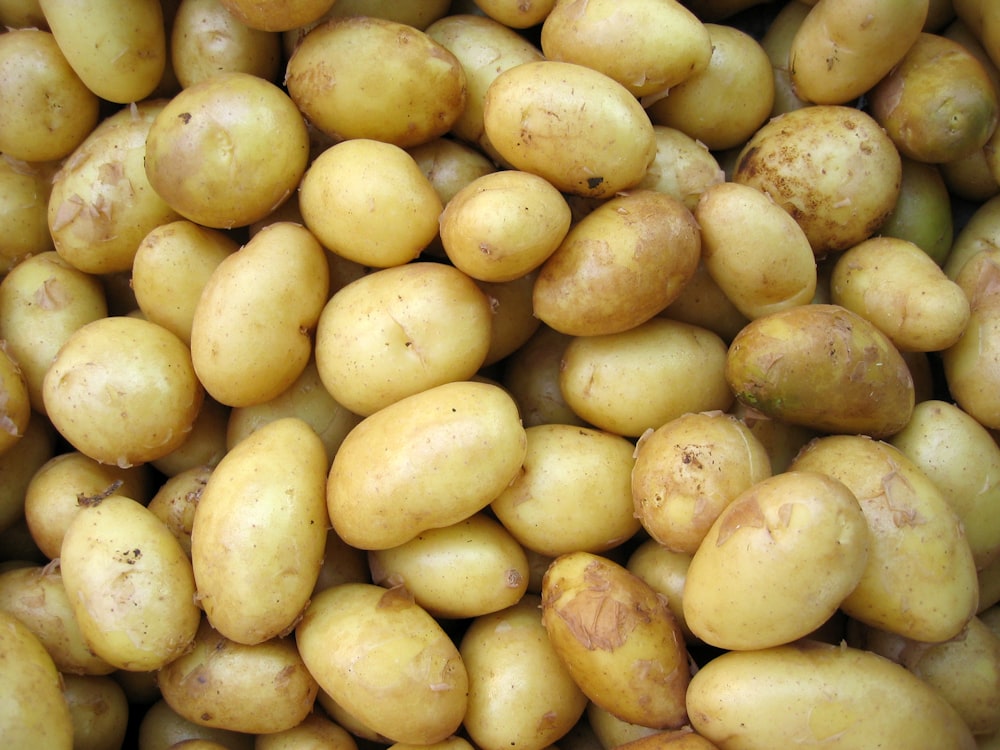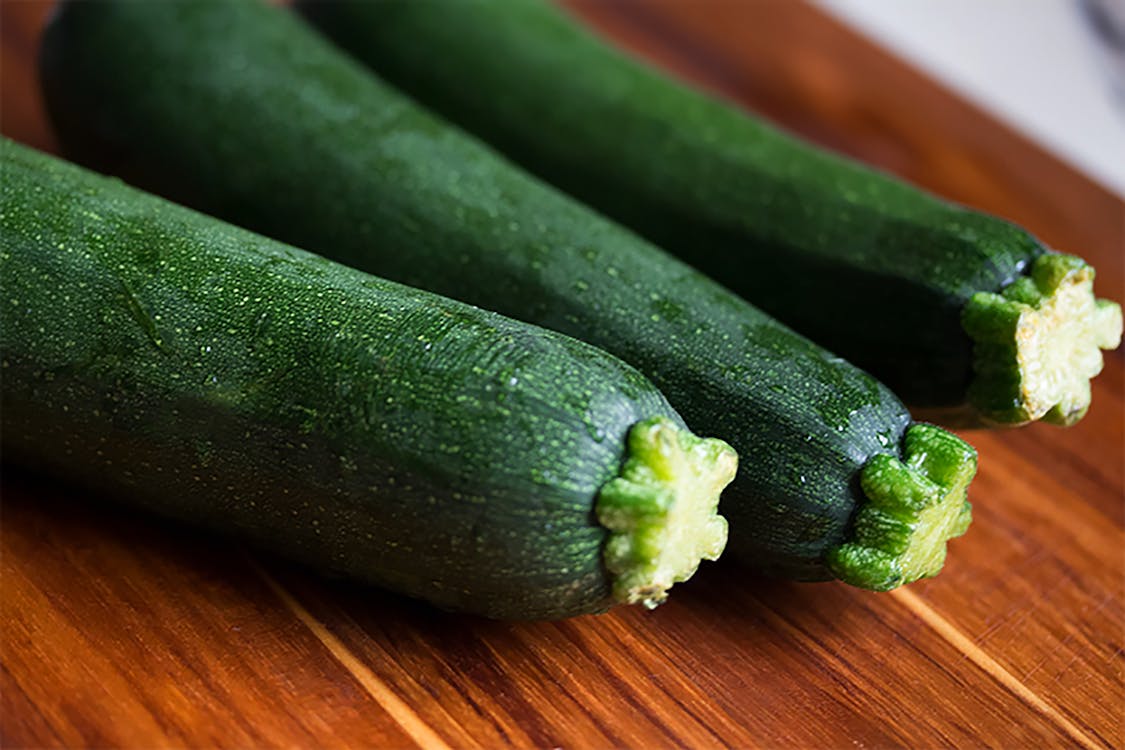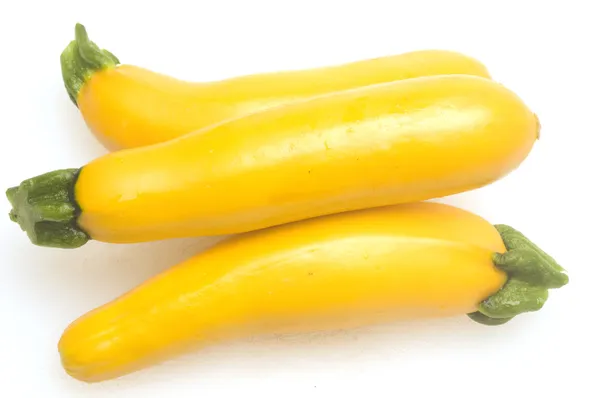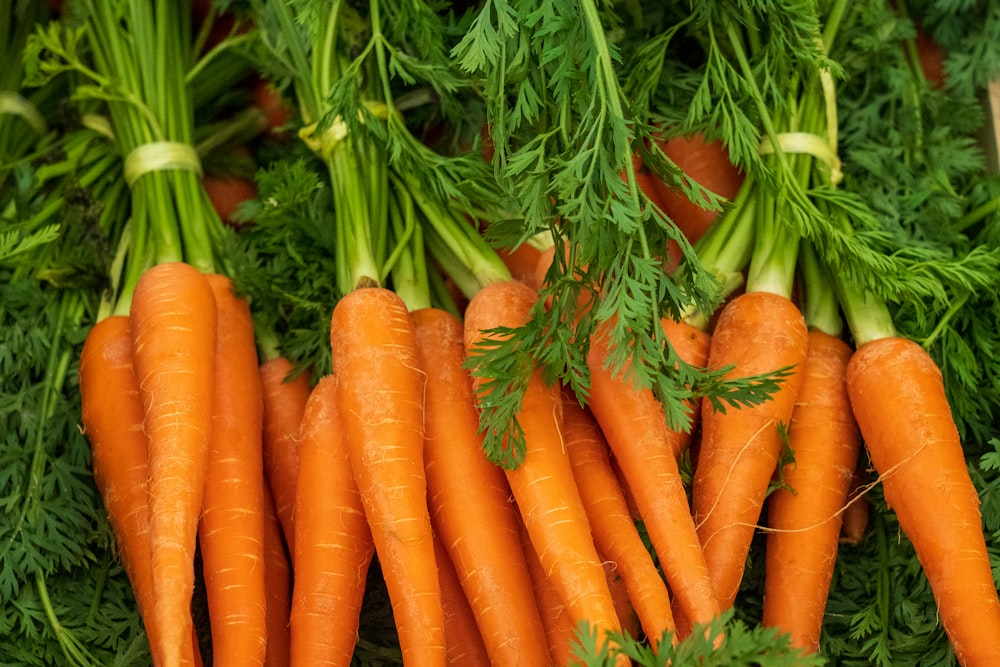Find out the “11 Low-Fiber Vegetables for Constipation” Natural Remedies for Digestive Health – Constipation is a common problem that can affect people of all ages. It is characterized by infrequent bowel movements, hard stools, and difficulty passing stools. Constipation can be caused by a variety of factors, including dehydration, lack of fiber in the diet, and certain medications.
A six-month study involving 63 individuals with chronic idiopathic constipation discovered that following a low-fiber or even a no-fiber diet led to significant improvements in partcipants symptoms. Interestingly, removing fiber from their diet essentially cured their constipation.
The simple explanation for this is, low-fiber edibles do not add as much bulk to stools as high-fiber ones. This can make it easier for stool to pass through the digestive tract.
Here are some low-fiber vegetables that may help relieve constipation include:
1. Asparagus

Fiber, total dietary (2.1g)
Asparagus is a low-fiber vegetable that is also a good source of vitamins A, C, and K. It is also a good source of folate, which is important for pregnant women.
Asparagus contains inulin, a type of soluble fiber that can help to relieve constipation. Soluble fiber absorbs water and forms a gel-like substance in the intestines. This can help to soften stools and make them easier to pass.
In addition to inulin, asparagus also contains other compounds that may help to relieve constipation. These include:
- Asparagine: An amino acid that has been shown to have laxative effects.
- Folate: A B vitamin that can help to regulate bowel movements.
- Potassium: A mineral that can help to keep stools soft and easy to pass.
Asparagus is a safe and effective way to relieve constipation for most people. However, it is important to start with small amounts and gradually increase your intake to avoid side effects such as gas and bloating.
2. Butternut squash

Fiber, total dietary (2g)
Butternut squash is a low-fiber vegetable that is also a good source of vitamins A and C. It is also a good source of potassium, which can help to keep stools soft and easy to pass.
Butternut squash contains both soluble and insoluble fiber. Soluble fiber absorbs water and forms a gel-like substance in the intestines. This can help to soften stools and make them easier to pass. Insoluble fiber helps to keep stools bulky and prevents them from becoming too hard.
In addition to fiber, butternut squash also contains other compounds that may help to relieve constipation. These include:
- Beta-carotene: A carotenoid that is converted to vitamin A in the body. Vitamin A is important for healthy cell growth and repair.
- Magnesium: A mineral that helps to regulate bowel movements.
- Zinc: A mineral that helps to keep the digestive system healthy.
Butternut squash is a safe and effective way to relieve constipation for most people. However, it is important to start with small amounts and gradually increase your intake to avoid side effects such as gas and bloating.
3. Cucumbers

Cucumber 1/3 medium (99 g/3.5 oz) – 1 grams
Yes, cucumbers are a low-fiber vegetable that can be helpful for relieving constipation. Cucumbers are about 95% water, which can help to keep stools soft and easy to pass. They also contain some soluble fiber, which can help to add bulk to stools.
Aside from the above, cucumbers are a good source of hydration. Constipation can be caused by dehydration, so drinking plenty of fluids is important for relieving it. Cucumbers are a good source of water, so they can help to keep you hydrated and make it easier to pass stools.
Cucumbers contain soluble fiber. Soluble fiber absorbs water and forms a gel-like substance in the intestines. This can help to soften stools and make them easier to pass.
Cucumbers are a good source of vitamins and minerals. Cucumbers are a good source of vitamins C and K, as well as potassium. These vitamins and minerals are important for overall health, including digestive health.
RELATED: Side Effects Of Eating Cucumber At Night – Disadvantages Or Cons To Know
4. Lettuce

Lettuce 1/6 medium head (89 g/3.2 oz) – 2.1 grams
lettuce is a low-fiber vegetable thatdoes not add bulk to stool as much as high-fiber vegetables. This can make it easier for stool to pass through the digestive tract.
Lettuce also contains water, which can help to keep stool soft and easy to pass.
It is important to note that lettuce is not a cure for constipation. If you are experiencing chronic constipation, you should talk to your doctor.
5. Onions

Onion 1 medium (148 g/5.3 oz) – 2.2 gram
Onions contain soluble fiber, which absorbs water and forms a gel-like substance in the intestines. This can help to soften stools and make them easier to pass.
Onions also contain inulin, a type of prebiotic fiber that feeds the beneficial bacteria in the gut. This can help to improve digestion and relieve constipation.
Here are some other ways that onions may help relieve constipation:
- Onions contain quercetin, an antioxidant that has been shown to have anti-inflammatory properties. Inflammation can contribute to constipation, so eating onions may help to reduce inflammation and improve bowel function.
- Onions contain fructooligosaccharides (FOS), a type of short-chain carbohydrate that can help to increase the number of beneficial bacteria in the gut. These bacteria produce short-chain fatty acids, which can help to soften stools and make them easier to pass.
- Onions are a good source of vitamin C, which is important for overall health, including digestive health. Vitamin C helps to keep the digestive tract lining healthy and may help to prevent constipation.
6. Potatoes

Potato 1 medium (148 g/5.3 oz) (2gram of fiber)
Potatoes may be a staple in many diets, but did you know that they can also help relieve constipation? These versatile vegetables low-fiber vegetable, which means that they do not add bulk to stool as much as high-fiber vegetables. This can make it easier for stool to pass through the digestive tract.
Additionall, potatoes has high water content and contain potassium, which acts as an electrolyte and aids in muscle contractions throughout the body, including the intestines. This promotes smooth movement of waste through the digestive system.
NOTE: When incorporating potatoes into your diet for constipation relief purposes, it’s important to choose cooking methods that retain their nutrients. Boiling or baking them with minimal seasoning is recommended over frying or adding excessive fats that could potentially worsen symptoms.
7. Zucchini

Fiber, total dietary (1gram)
Zucchini is a low-fiber vegetable that can be helpful for relieving constipation. It has about 95% water content, which helps soften the stool and adds bulk to it, making it easier to pass through the digestive system. Additionally, zucchini contains natural enzymes that aid digestion and promote regularity.
To enjoy this vegetable, add it to soups or stews. Its mild flavor blends well with other ingredients while providing added nutritional benefits. You can also enjoy zucchini as a side dish by roasting or sautéing it with some olive oil and herbs for extra flavor.
8. Yellow squash

Fiber, total dietary, 0.8 g
Yellow squash is a summer squash that is related to zucchini. It is a good source of vitamins A and C, as well as potassium. It is also a low-fiber vegetable, which can be helpful for people who are experiencing constipation.
Yellow squash can be eaten raw, cooked, or juiced. It is often used in stir-fries, soups, and stews. It can also be grilled, roasted, or baked.
READ RELATED: Red Yeast Rice: The Truth Behind This Controversial Cholesterol-Lowering Supplement
9. Mushrooms

Fiber, total dietary ( 1g )
The key reasons mushrooms can aid in constipation relief are their high water content and natural laxative effect. Mushrooms contain a type of sugar called mannitol, which has mild laxative properties that can help stimulate bowel movements.
That’s not all. Mushrooms are also rich in nutrients such as potassium and vitamin C, which support overall digestive health. Potassium helps maintain proper muscle function in the digestive tract, while vitamin C promotes healthy digestion by aiding in the absorption of essential nutrients.
Other notable compounds contained in mushroom that may help relieve constipation are;
- Beta-glucans: A type of soluble fiber that can help to regulate bowel movements.
- Ergothioneine: An antioxidant that may help to reduce inflammation in the gut.
- Shiitake mushrooms: These mushrooms contain lentinan, a compound that has been shown to stimulate the immune system and help to fight infection. Infections can sometimes contribute to constipation.
Vegetables higher than 2gram of fiber per serving but good for constipation relief
10. Carrots

A medium carrot contains 2.8 gram (g)
Carrots contain a type of fiber called pectin that helps to soften stool and promote regular bowel movements.
In addition to their fiber content, carrots are packed with nutrients that support healthy digestion. They are rich in vitamins A and K, as well as potassium, which can help regulate fluid balance in the body and prevent dehydration – a common cause of constipation.
The natural sugars found in carrots can also provide some relief from constipation. These sugars act as natural laxatives by drawing water into the intestines and promoting bowel movement.
11. Sweet potatoes

A medium sweet potato contains 2.5 gram
Sweet potatoes also contain soluble fiber, which absorbs water and forms a gel-like substance in the intestines. This can help to soften stools and make them easier to pass. Here are some other ways that sweet potatoes may help relieve constipation:
- Sweet potatoes are a good source of beta-carotene, which is converted to vitamin A in the body. Vitamin A is important for maintaining a healthy digestive system.
- Sweet potatoes are a good source of potassium, which is a mineral that helps to keep stools soft and easy to pass.
- Sweet potatoes are a good source of fiber, although they are considered low in comparison to other vegetables, which can help to add bulk to stools and make them easier to pass.
It is important to note that not everyone who is constipated will benefit from eating low-fiber vegetables.
If you are constipated, it is important to drink plenty of fluids, such as water, clear broth, and unsweetened tea, and if no relieve, it is best to talk to your doctor to determine the best course of treatment for you.
In addition, avoid foods that can make constipation worse, such as fatty foods, processed foods, and sugary drinks.
Incorporating Low-Fiber Vegetables into Your Diet

Here are some tips on how to incorporate low-fiber vegetables into your diet:
- Start with small amounts. If you are not used to eating low-fiber vegetables, start with small amounts and gradually increase your intake.
- Cook vegetables thoroughly. Cooking vegetables breaks down the fiber, making them easier to digest.
- Remove the skins and seeds. The skins and seeds of some vegetables, such as cucumbers and tomatoes, contain high amounts of fiber. Removing them can make the vegetables easier to digest.
- Puree or blend vegetables. Pureeing or blending vegetables breaks down the fiber even further, making them even easier to digest.
- Add low-fiber vegetables to soups and stews. The liquid in soups and stews can help to soften the fiber in vegetables, making them easier to digest.
- Steam or roast vegetables. Steaming or roasting vegetables helps to preserve their nutrients and make them easier to digest.
- Avoid raw vegetables. Raw vegetables are high in fiber and can be difficult to digest for some people.
- Drink plenty of fluids. Fluids help to keep the digestive system running smoothly. Aim to drink 8-10 glasses of water per day.
If you are following a low-fiber diet, or you are pregnant or breastfeeding, you should talk to your doctor or dietitian before adding any of the vegetables to your diet.
How much fiber should I eat if I am constipated?
The amount of fiber you need to eat if you are constipated depends on a number of factors, including your age, sex, and overall health. However, a good starting point is to aim for 25-30 gram of fiber per day.
If you are not used to eating a lot of fiber, start by adding 5 gram of fiber to your diet each day and gradually increase your intake over time. You can do this by adding more high-fiber foods to your meals and snacks, such as:
- Fruits: Some fruits that are high in fiber include apples, pears, bananas, and berries.
- Vegetables: Some vegetables that are high in fiber include broccoli, carrots, leafy greens, and peas.
- Whole grains: Whole grains, such as brown rice, oatmeal, and quinoa, are a good source of fiber.
- Legumes: Legumes, such as beans, lentils, and chickpeas, are a good source of fiber.
Constipation can be a symptom of a more serious underlying condition, such as irritable bowel syndrome (IBS) or colon cancer, talk to your doctor If you are still constipated after increasing your fiber intake and drinking plenty of fluids.
Also read about | Cancer Causing Foods: These 9 Foods Can Increase Your Risk of Cancer
When should you see a doctor?

You should see a doctor for constipation relief if you experience any of the following:
-
Chronic or severe constipation: If you have been consistently constipated or if your constipation is causing significant discomfort or disruption to your daily life, it is advisable to consult a doctor.
-
Lack of response to dietary changes and over-the-counter remedies: If you have tried adjusting your diet, increasing fiber intake, staying hydrated, and using over-the-counter laxatives, but your constipation persists or worsens, it is time to seek medical advice.
-
Unusual symptoms accompanying constipation: If you notice additional symptoms such as blood in your stool, unexplained weight loss, abdominal pain or swelling, or persistent changes in bowel habits despite lifestyle modifications, it may indicate an underlying medical condition that requires professional evaluation.
-
History of gastrointestinal disorders or specific medical conditions: If you have a known history of gastrointestinal disorders like irritable bowel syndrome (IBS), inflammatory bowel disease (IBD), thyroid issues, diabetes mellitus, or if you are taking medications known to cause constipation, it is important to consult a healthcare professional for appropriate guidance and treatment.
-
Personal concern or discomfort: If you are personally concerned about your constipation or if it is causing significant discomfort or distress, it is always a good idea to seek medical advice and discuss your symptoms with a healthcare provider.
Remember, it is essential to listen to your body and take action if you are experiencing persistent or severe constipation. A doctor can assess your specific situation, identify any underlying causes, and recommend appropriate treatment options to provide you with relief.
FAQs
Q: What are low-fiber vegetables?
Ans: Low-fiber vegetables are those that contain less than 2 gram of fiber per serving.
Q: Why are low-fiber vegetables good for constipation?
Ans: Constipation is a condition in which bowel movements are infrequent, hard, or difficult to pass. Low-fiber vegetables can help to relieve constipation by adding bulk to stools and making them easier to pass.
Q: How much fiber should I eat if I am constipated?
Ans: The amount of fiber you need to eat if you are constipated depends on a number of factors, including your age, sex, and overall health. However, a good starting point is to aim for 25-30 gram of fiber per day.
Q: What other foods can help relieve constipation?
Ans: In addition to low-fiber vegetables, there are a number of other foods that can help relieve constipation. These include:
- Fruits: Some fruits that are high in fiber include apples, pears, bananas, and berries.
- Whole grains: Whole grains, such as brown rice, oatmeal, and quinoa, are a good source of fiber.
- Yogurt: Yogurt contains probiotics, which are beneficial bacteria for the gut. Probiotics can help to improve digestion and reduce constipation.
- Water: Staying hydrated is important for overall health, and it can also help to relieve constipation. Aim to drink 8-10 glasses of water per day.
Q: If I am still constipated after eating low-fiber vegetables, what should I do?
Ans: If you are still constipated after eating low fiber vegetables, you may need to see a doctor. Constipation can be a symptom of a more serious underlying condition, such as irritable bowel syndrome (IBS) or colon cancer. A doctor can help you determine the cause of your constipation and recommend the best course of treatment.
Copyright © 2022 Soundhealthandlastingwealth.com All rights reserved. The information contained in soundhealthandlastingwealth.com may not be published, broadcast, rewritten, or redistributed without the prior written authority of Soundhealthandlastingwealth.com.




